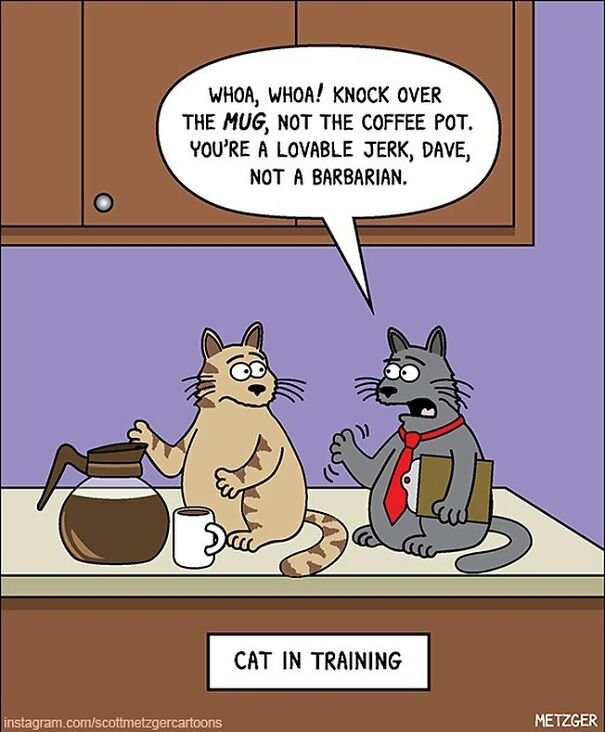
I recently saw this phrase on the front of a t-shirt: Train you must. I don’t learn a lot of good life lessons by reading t-shirts—most verbiage written on t-shirts is trivial—but this got my attention and has kept it.
Training is the only way to develop skills and make progress. Reading books is good, listening to podcasts and lectures helps, invigorating experiences contribute to our lives, but training is the best way to become a better, more competent person. To become a physician, pilot, musician, writer, teacher, manager, one must commit to the discipline of training.
Here are characteristics of what good training involves. Training:
-
-
- Requires a considered commitment. In order to train, you might have to give up something, like time or resources.
- Takes time. You’ll not complete training for a significant skill in a day; it will likely take years.
- Focuses your attention.
- Requires a disciplined approach. One doesn’t casually or flippantly train. There’s usually a structure to work within and a curriculum to complete.
- Includes a measurable outcome. Most disciplines offer a test/certification.
- Usually involves a coach, someone who will observe you in real time and give you immediate feedback.
- Produces a usable skill.
-
Years ago I aspired to be a wine expert. Because of my religious upbringing, I didn’t even taste wine until I was 44 years old, but when I learned that the Bible doesn’t prohibit drinking wine, I became interested in the world of wine. There are three organizations that offer certifications in wine: Society of Wine Educators, WSET, and the Court of Master Sommeliers. I pursued certifications in all three. I committed to train to become a wine expert.
I read extensively (I have 72 books in my library about wine), I trained with the Dallas chapter of Wine Sommeliers, I memorized charts, graphs, and theory, I studied with a Master of Wine, and attended seminars and weekly blind-tastings. Eventually, I passed exams with all three agencies.
After studying for five years I sensed that my understanding of wine would not be complete until I actually grew and processed my own grapes, so five years ago I planted a small vineyard in East Texas and have produced wine from two harvests. I grow grapes, harvest, press, ferment, and bottle. [Here’s a video about my vineyard.]
So, what are you training for?
